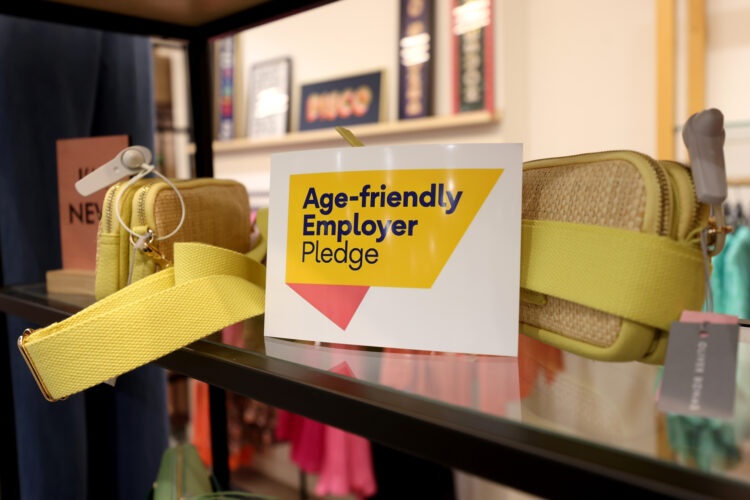Affinity Homecare Shrewsbury has committed to being an age-friendly employer.
The company is the latest organisation to join the Centre for Ageing Better’s movement to tackle ageism in the workplace and improve the recruitment, development and retention of older staff.
By signing the age-friendly employer pledge, Affinity Homecare has agreed to take at least one action a year to enhance the way in which older people are hired, managed and supported at work. It will also appoint a senior sponsor for age inclusion from its workforce and specifically name age in its equality, diversity and inclusion policies.
The business says it is “proud to be joining other leading organisations in taking action to help older workers flourish in the workplace” and recognises “the value of employing people from a diverse range of ages, backgrounds and skill sets”.
Announcing the commitment, it stated: “Many older employees have a lot of life experience, which they can share with our younger staff, coaching and mentoring them so that they can develop their skills. Many people over the age of 50 are also looking for a career change, something that provides a more meaningful purpose, as they want to give back to their communities, helping vulnerable people who need support to maintain a good quality of life.
“As a social care employer, we can provide these opportunities, adapting the working hours to suit the individual so that they achieve the work–life balance they are seeking, which ultimately benefits them, our other staff and the people we support.”
So far, more than 100 organisations have signed the pledge, including the Department for Work and Pensions, Osborne Clarke and Virgin Hotels.
Dr Carole Easton, chief executive at the Centre for Ageing Better, added: “The pledge has been designed to support businesses to go on a journey at a pace that works for them. By taking manageable and measurable steps, employers will learn over time what steps they need to take to make the biggest difference in their own organisation.”
“The labour market is changing, and employers are facing huge challenges with skills and labour shortages and near-record vacancy rates. Workers in their 50s and 60s are key to filling these gaps – now, more than ever, the older workforce is the workforce. And yet older workers are continuing to leave the labour market in droves. We want to help businesses understand how they can be attractive employers to older workers and reap the benefits of a multigenerational workforce.”












